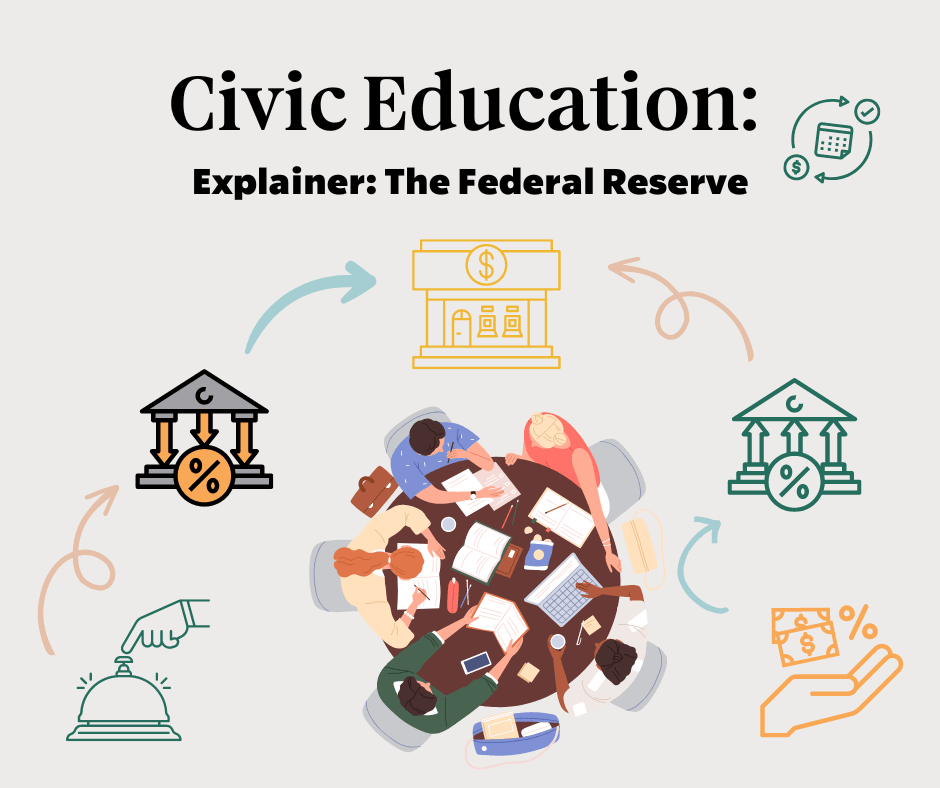
Explainer: The Federal Reserve
Do you trust the Federal Reserve in managing the U.S. economy?
If you've ever found yourself trying to understand the U.S. Federal Reserve, you've likely come across terms like "monetary policy" and "interest rates."
But what exactly is the Federal Reserve, and how does it affect daily life? Let's break it down.
What is the U.S. Federal Reserve?
- Simply put, the Federal Reserve, also referred to as the Fed, is the central bank of the United States. Established in 1913, its primary purpose is to promote and maintain a stable and healthy economy. This means controlling the supply of money and credit, setting interest rates, and regulating financial institutions.
- The Federal Reserve is an independent entity led by a seven-member Board of Governors, who are appointed by the President of the United States and confirmed by the Senate.
- Jerome Powell is the current chairman of the Federal Reserve System and is responsible for making public statements about monetary policy and testifying before Congress.
How does the Federal Reserve work?
- Control the money supply: The Federal Reserve increases or decreases the amount of money circulating in the economy, through buying or selling government securities.
- Set interest rates: The Federal Reserve sets the federal funds rate, which is the interest rate banks charge each other for overnight loans. By adjusting this rate, the Federal Reserve influences borrowing costs and inflation.
- Supervise and regulate banks: The Federal Reserve maintains economic stability by ensuring that banks follow specific rules and regulations. This includes setting reserve requirements (the amount of money banks must hold in reserve) and conducting periodic examinations of banks' financial health.
- Provide financial services: The Federal Reserve provides services to financial institutions, such as processing checks, electronic payments, and distributing currency, essentially functioning as a "banker's bank." During times of crisis, it can also loan money to prevent financial collapse.
Why does the Federal Reserve matter?
- Ultimately, the Federal Reserve’s decisions have significant impacts on the economy and the American people.
- By setting monetary policy, the Federal Reserve makes decisions that can positively or negatively affect the nation's entire financial system - from economic growth, inflation, interest rates, investment, job creation, and overall consumer spending.
- This can impact everything from your personal finances (think the affordability of buying a home or credit card debt) to the overall health of the economy (like unemployment rates).
The U.S. Federal Reserve plays a vital role in the economy. Understanding its purpose and functions can help you make sense of financial news and how it affects you.
Should the Federal Reserve focus on controlling inflation or promoting economic growth?